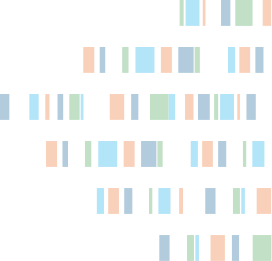Abstract Evolution relies on the availability of genetic diversity for fitness-based selection. However, most DNA viruses employ DNA polymerases capable of exonucleolytic proofreading to limit mutation rates during DNA replication. The relative genetic stability produced by high fidelity genome replication can make studying DNA virus adaptation and evolution an intensive endeavor, especially in slowly replicating viruses. Here, we present a proofreading impaired polymerase mutant (Y547S) of Marek’s disease virus that exhibits a hypermutator phenotype while maintaining unimpaired growth in vitro and wild-type (WT)-like pathogenicity in vivo. At the same time, mutation frequencies observed in Y547S virus populations are 2–5 fold higher compared to the parental WT virus. We find that Y547S adapts faster to growth in originally non-permissive cells, evades pressure conferred by antiviral inhibitors more efficiently, and is more easily attenuated by serial passage in cultured cells when compared to WT. Our results suggest that hypermutator viruses can serve as a tool to accelerate evolutionary processes and help identify key genetic changes required for adaptation to novel host cells and resistance to antiviral therapy. Similarly, the rapid attenuation achieved through adaption of hypermutators to growth in cell culture enables identification of genetic chances underlying attenuation and virulence, knowledge that could practically exploited, for example in the rational design of vaccines.

Home » Fast forwarding evolution—Accelerated adaptation in a proofreading deficient hypermutator herpesvirus
Publications
Fast forwarding evolution—Accelerated adaptation in a proofreading deficient hypermutator herpesvirus
myBaits
Daicel Arbor Biosciences
5840 Interface Dr. Suite 101,
Ann Arbor, MI 48103
1.734.998.0751Ann Arbor, MI 48103
©2024 Biodiscovery LLC
(d/b/a Daicel Arbor Biosciences)
All Rights Reserved.
(d/b/a Daicel Arbor Biosciences)
All Rights Reserved.
Design and development by Raincastle Communications.
